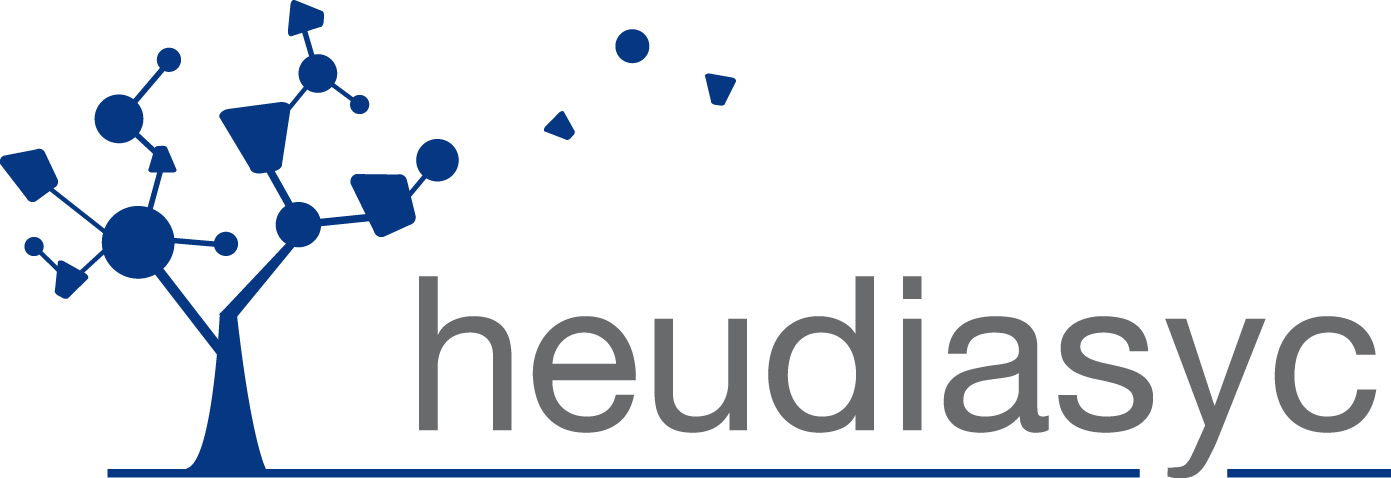Decentralized Collaborative Localization and Map Update with Buildings
Résumé
In urban environments where GNSS performance is degraded, localization can be performed using stable and geo-referenced map features detected by on-board sensors. Prior maps are prone to errors which have a direct impact on localization accuracy. By exchanging observed features and sharing their maps, vehicles can simultaneously improve their localization and update the map. This paper deals with indirect collaboration, where vehicles do not observe each other directly. The features are obtained from building facades using 3D lidar sensors. The paper emphasizes real-time decentralized collaboration with direct communication between vehicles, without the need for a central server. The collaboration takes place when vehicles perceive the same geo-referenced facades. Vehicle poses and maps are collaboratively updated using a Schmidt Kalman filter that carefully manages the cross-covariance terms. To maintain consistent estimates, the Kullback-Leibler Average is used. We also present a lidar data processing pipeline to obtain reliable observations from building facades. Real tests carried out with experimental vehicles on the university campus are reported. The results show that indirect collaboration makes a significant contribution to localization and map update when compared to a standalone method.
Domaines
Robotique [cs.RO]| Origine | Fichiers produits par l'(les) auteur(s) |
|---|

